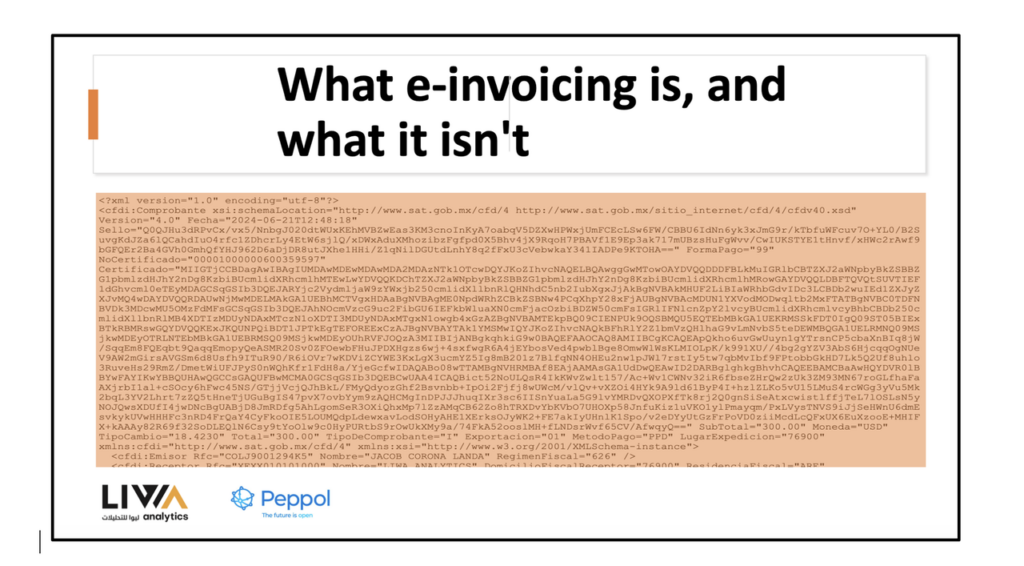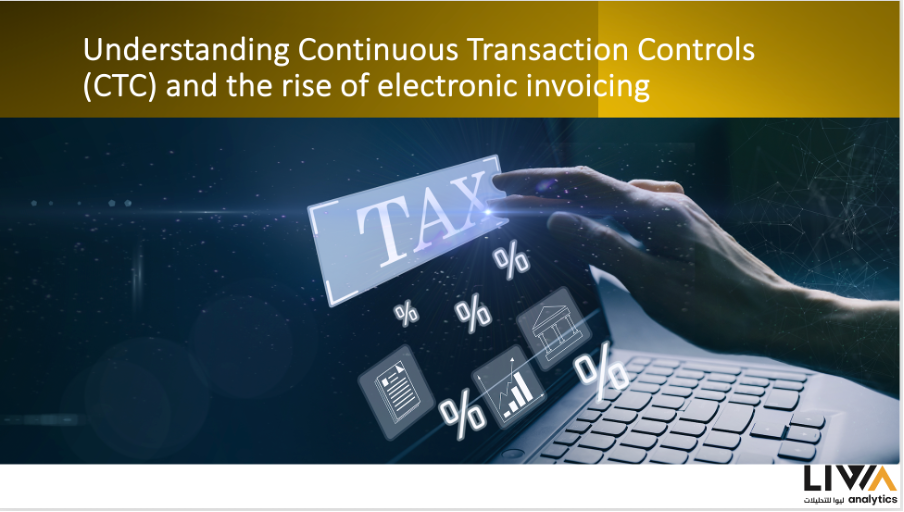The implementation and adoption of electronic invoicing (e-invoicing) vary
significantly from country to country. Factors influencing these variations
include tax maturity, compliance levels, technological advancements, tax
culture, focused sectors, and different tax regimes.
Based on various studies, despite the disparities, there are common
elements that countries consider when developing their own e-invoicing
models, rollout strategies, and long-term benefits. Here are the five main
common elements:
1. The Legal Basis
The foundation of e-invoicing lies in the legal framework established by the
country. This can take the form of specific legislation solely dedicated to e-invoicing or amendments to existing laws such as VAT, Corporate Tax,
Electronic Commerce Law, and legislation concerning digital signatures
and technical specifications for issuing e-invoices. A robust legal basis
ensures clarity and compliance across all sectors.
2. Authenticity and Integrity of Electronic Documents
Ensuring the authenticity and integrity of e-invoices is paramount.
Governments often certify specific agencies authorized to process
electronic signatures for e-invoice issuance. For instance, Ecuador has
three certified electronic signature agencies. Clear definitions and
requirements for digital signatures are stipulated by governments to
ensure the validity and security of electronic documents.
3. Obligatory for issuance the invoice
The mandate regarding who is responsible for issuing e-invoices and under
what circumstances is crucial. This includes also, stipulations on
validations performed by the Tax Administration on e-invoices, the nature
of these validations, and their impact on the overall invoicing process.
Clear guidelines ensure that all parties adhere to the necessary
procedures, promoting compliance and streamlining operations.
4. Storage and Conservation
Different countries have varying requirements for how long companies
must retain accounting records, including e-invoices. The retention period
can range from five to ten years or more. Adequate storage and
conservation policies ensure that records are available for auditing and
compliance purposes, safeguarding the interests of both the businesses
and the tax authorities.
5. Taxpayer Consultation System
Many Tax Administrations offer systems that enable taxpayers to consult
and download all shared, valid, and authorized electronic documents. This
aids in reconciliation, enhances information cross-checking, and improves
automatic processes on the taxpayers’ end. An efficient taxpayer
consultation system promotes transparency and operational efficiency.
Notably, most Latin American countries that have implemented e-invoicing
already provide this capability. However, new entrants like Saudi Arabia
and Spain do not offer taxpayer access to their databases.
Conclusion
Effective implementation of e-invoicing at the country level requires
meticulous planning and consideration of these essential elements.
Governments must establish a solid legal framework, ensure document
authenticity and integrity, define clear issuance obligations, set robust
storage requirements, and provide a reliable taxpayer consultation system.
By focusing on at least these key elements, countries can develop efficient
e-invoicing models that promote compliance, streamline processes, and
yield long-term benefits. Looking ahead, governments will continue to
refine their e-invoicing systems, offer new tax reliefs, and adapt to the
evolving needs of their economies.






